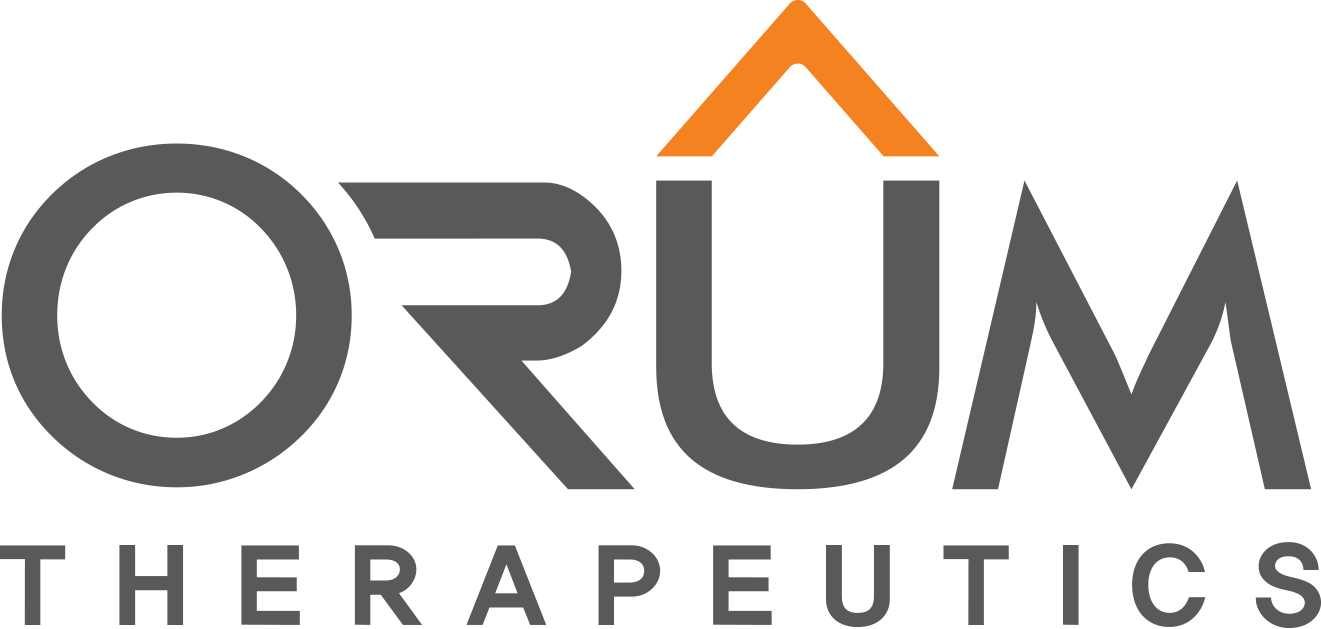Pioneering
Next-Generation ADCs with Payloads driving
Targeted Protein Homeostasis
Physics-based simulation of
E3 Ligase (CRBN) | Target protein of interest (GSPT1) | Degrader ( SMol006 ) | Water molecules
Targeted Protein Degradation (TPD)
TPD molecules are a class of small molecule drugs that have been developed to leverage the cells normal protein quality control machinery to degrade previously ‘undruggable’ targets for therapeutic benefit. In all cells, proteins that have ceased to function properly are targeted for removal by the ubiquitin-proteasome machinery, via the interaction of these dysfunctional proteins with one of a class of E3 ubiquitin conjugating enzymes.
There are two main types of TPD molecules, molecular glues and heterobifunctional degraders that function by interacting with E3 ligases and driving them to help degrade new target proteins.
Molecular glues bind to the CRBN E3 (or other E3 proteins) and directly drive the recruitment of novel substrate proteins such as IKZF1/3 (as in the case of thalidomide) or GSPT1 (as in the case of SMol006 – our proprietary payload).
Heterobifunctional degraders (also known as PROTACs) utilize an E3 binding moiety coupled to a specific substrate protein binding moiety to engineer the interaction between a desired target protein and the ubiquitin / proteasome machinery.
TPD² ™ Approach
Orum’s proprietary Dual-precision Targeted Protein Degradation (TPD² ™) approach uses antibodies to precisely deliver small molecule targeted protein degrader payloads to cancer cells and for other targeted biological therapies. The TPD² approach has produced our ORM-5029 and ORM-6151 product candidates and various early-stage technologies
TPD² is designed to merge the power of TPD with the precision of ADC technology, while overcoming the limitations of each modality. Whereas TPDs are typically small molecules that indiscriminately enter many cells throughout the body, we covalently attach protein degraders to antibodies to drive localization to specific cells. This is designed to improve upon what we believe are three critical limitations of conventional targeted protein degrader product candidates:
-
Our preclinical assays demonstrate the potency of protein degraders can be enhanced by up to one thousand-fold through our antibody-mediated delivery approach
-
Antibody-coupled degraders are inactive until they are internalized and released from the antibody. Internalization of these antibodies is dependent on binding to specific cell surface antigens, reducing the exposure of non-targeted cells to the effects of the protein degrader
-
Coupling of small molecule protein degraders to antibodies leads to increases in payload half-life and drug exposure
TPD² ™ PROTAb Linker Platform for DACs
Orum has pioneered the discovery and development of DAC(Degrader-Antibody Conjugate) technologies. We are the first to take a DAC into the clinic and have developed a novel and proprietary linker technology that enable us to empower the targeted delivery of a broad spectrum of TPD molecules to potentially improve bioavailability, efficacy, selectivity, and safety.
PROTAb Platform: One of the main challenges in developing targeted protein degraders lies in their limited cell permeability and oral bioavailability, which has precluded many of these degraders from consideration as viable drug candidates. Orum has addressed this issue through an ADC-friendly traceless linker platform which enables the stable conjugation to the glutarimide ring of the cereblon-based degraders (glue or heterobifunctional) to an antibody, without necessitating any modification to the degrader's chemical structure. Upon targeted delivery and intracellular triggering, the linker undergoes rapid hydrolysis, thereby unleashing the active degrader, achieving a seamless and "traceless" release of the payload. PROTAb utilizes a wide array of conditional release triggers, including those incorporating a water-solubilizing moiety into the adapter. This significantly enhances the conjugatability and drug-like characteristics of the resulting PROTAb molecules.
PROTAb enables a universe of degraders to be applied as a DAC for a breadth of indications






